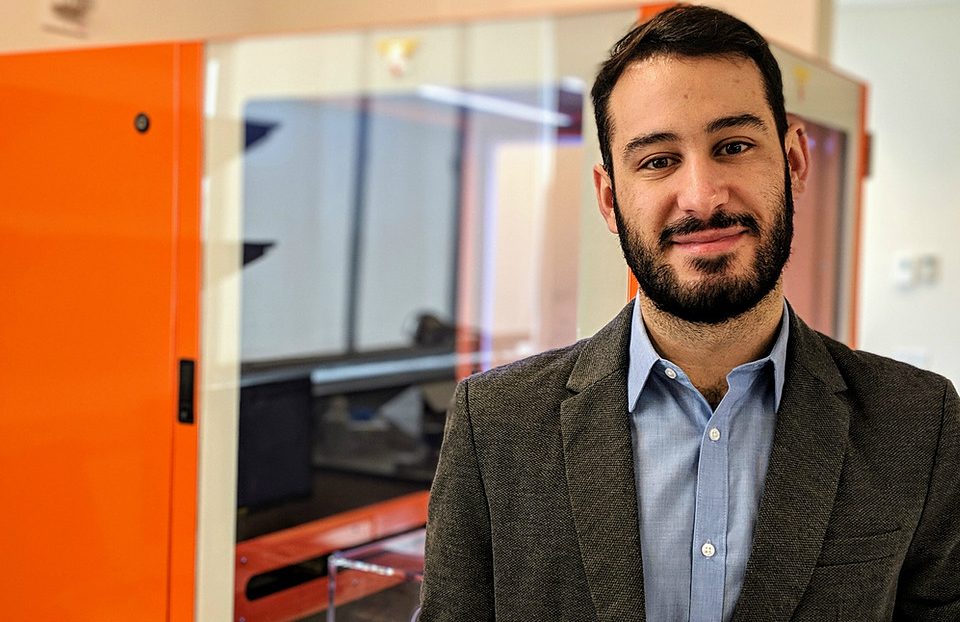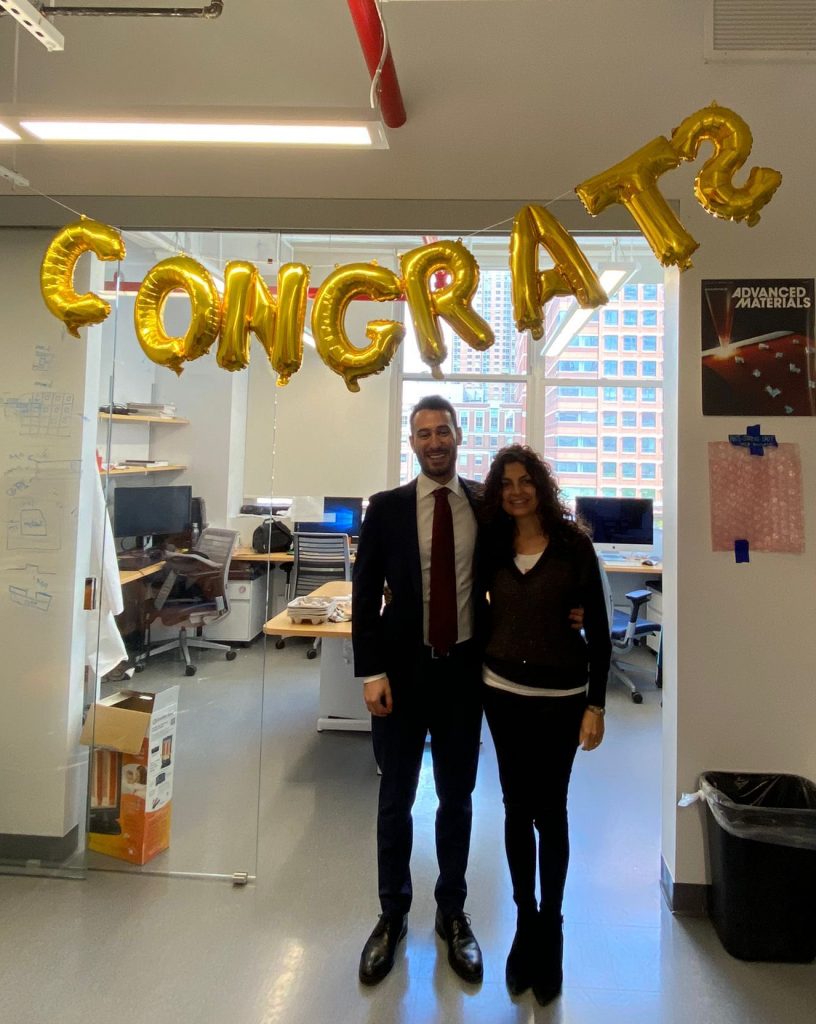2021 Farewell Interview: DIF Francesco Lavini
August 6, 2021
By: Alara Tuncer
Francesco Lavini is now concluding his Ph.D. in Chemical Engineering and Physics from NYU Tandon School of Engineering, along with it, his journey as a CIE Diversity and Inclusion Fellow has also come to an end. Although Lavini joined CIE to understand the specifics of transitioning from academia to startups, CIE’s mission to support women and underrepresented minorities in the realm of entrepreneurship has deeply affected him and his journey as a graduate student.
Alongside his scientific endeavors as a Ph.D. candidate, Lavini has always “been interested in expanding [his] breadth of knowledge beyond [his] academic engagement and research,” when I asked Lavini about why he decided to join CIE, he said he “was [initially] interested in getting a sense of how startups come out of Academia.” Already doing a fair amount of data analysis as a Ph.D. candidate, he added that he was also “interested in getting [his] hands on a different type of data analysis,” research “outside of physics” that is “practical and related to [a] general demographic.”

Lavini goes onto explaining that indeed, the “exposure to the startup space in New York” is unique, but frankly, what is even more unique is startups deriving from academia. Lavini adds that being in CIE was “a very special place to observe the angle of the startup industry,” this is because CIE alongside NYU Entrepreneurship Institute has the unparalleled position of training and supporting business ventures that derive from academia.
Lavini also praises NYU’s effort to support startups saying “NYU is doing a great job of pushing entrepreneurship activities coming out of academia.” Additionally, Lavini also adds that NYU Entrepreneurship Institute is also exerting a great effort to contribute to inclusion and diversity, supporting startups with “one of the highest ratios of female founders” compared to other entrepreneurship institutes. “Even the existence of CIE is another proof” that NYU is supporting this mission.
As Lavini explains, “the idea of CIE was to build a longitudinal study” to better understand the “trends related to the participation of underrepresented groups.” Initially, fellows like Lavini had two roles within the institute: “to build organic surveys to probe the demographic background” for the entrepreneurial initiative of NYU and to analyze the survey data, with the overall mission of “increasing the participation of underrepresented groups.” Although as a research fellow, Lavini created surveys and analyzed data for over a year, one of his major contributions in CIE was getting “fellows more involved into the general program and grand purposes” by initiating “a new type of training.” “There is so much beyond analyzing age versus ethnicity” adds Lavini. This way, with a greater understanding of CIE’s mission, fellows knew “what type of questions they needed to write for the surveys” to obtain descriptive data and they knew “what are the key things to analyze to extract insight.”
Commending CIE’s mission, Lavini emphasizes how he has gained “exposure to the themes of diversity and inclusion.” Lavini says “this has become something that I really care about,” moving forward “this is something that I’m looking for in an employer.” CIE has made its fellows more cognizant of what businesses and industries are “doing for diversity, inclusion, and justice.”

“I didn’t join CIE with this purpose, but it is one of the most important questions I keep asking myself in every single engagement now,” says Lavini, adding that diversity and inclusion are “the topic of the moment” that need to be addressed. Even within the realm of CIE, “there are so many questions that can be asked and so much correlation that can be produced as a result.” Experienced in creating surveys and analyzing data, he emphasizes that “there are a lot of things that need to be adjusted and assessed” and a lot of parameters are important to consider gaining an understanding of the real meaning of the data. He adds “the way one program is structured [or] the format of the program can affect the fostering of the participation of underrepresented groups,” and we need initiates like CIE to identify trends so that we can create change to support underrepresented groups.
Finally, Lavini concludes by saying that the one thing he wishes he accomplished was “finalizing the longitudinal analysis and the [resultant] paper that comes out of it.” Post-PhD Lavini will be moving to Milan, Italy to start working as a consultant. As CIE, we wish Lavini the best in his future endeavors!
Above: Francesco Lavini with his mentor Prof. Elisa Riedo
